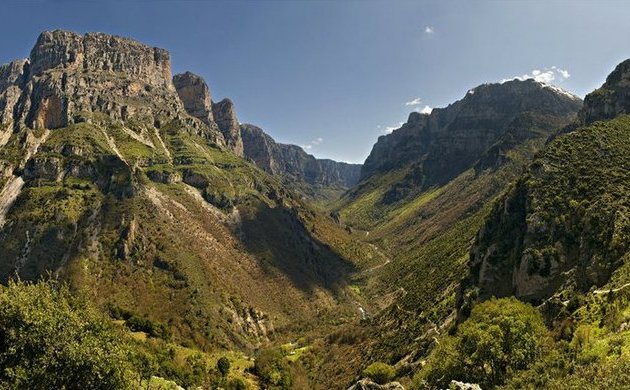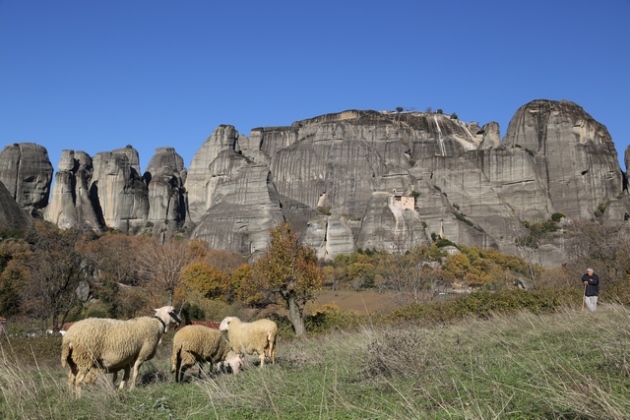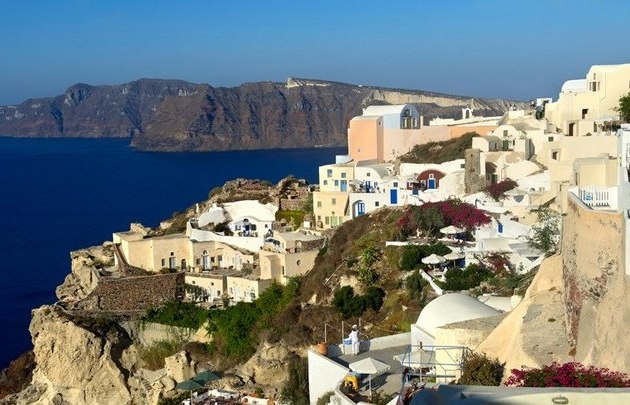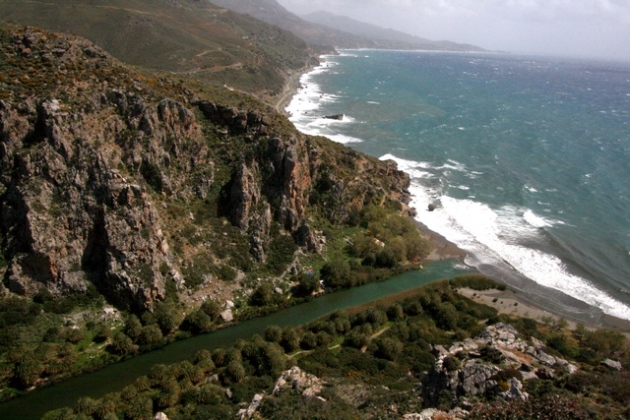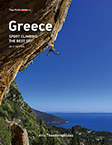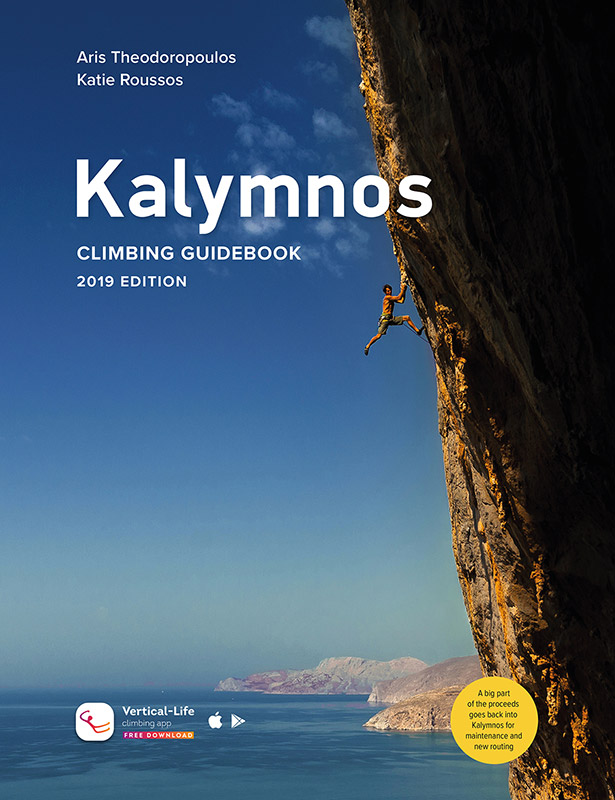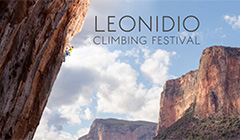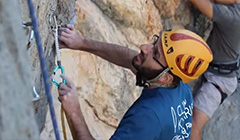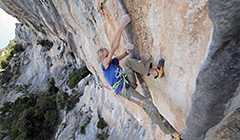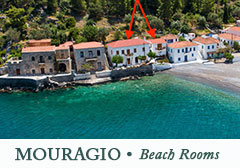Getting to Greece
Visa Requirements
Getting Around Greece
Language
Climate
Accommodation
More Useful Info
As a climbing destination, Greece is mostly known thanks to Kalymnos, the ‘gold standard’ of sport climbing worldwide. Beyond Kalymnos, the cliffs in the rest of Greece remain a well-kept secret. Most climbers don’t know that Greece actually features several world-class sport crags combining Kalymnos-quality cliffs with beautiful countryside, blue skies, and no crowds. With the longest coastline in the Mediterranean and more than 1,000 islands, over 200 of which are inhabited, the sea is the country’s star attraction and an important source of income for many of its people. But what most non-Greeks don’t know is that Greece is also one of the most mountainous countries in Europe. Flat terrain and plains are rare. The highest mountain in Greece is Mount Olympus (2917m), but dozens of other rugged peaks and mountain ranges cover about 80% of the country. Furthermore, the area’s intense seismic activity has pushed up some amazing rock formations in many parts of the country. But the best part? Mountains and sea are never separate. No matter which part of Greece you go to, the sea is never more than 80km away.
Getting to Greece
The main points of entry into Greece are the Athens International Airport (ATH) and the ports of Patra and Igoumenitsa on the west coast, with ferry connections to several ports in Italy.
Visa Requirements
For EU/Schengen residents, a visa is not required. For non-EU/Schengen residents, a visa may be required depending on the country. (Contact the Greek consulate or embassy in your country to find out.)
Getting Around Greece
If you fly into Athens or another airport in Greece, the best way for getting around is to rent a car. There is a good network of motorways to the north, south, and soon to the west. If you do not want to rent a car, you can use the KTEL long-distance bus (which connects most Greek cities to each other). For transportation within Athens, use the very efficient metro and train network. If you arrive via ferry from Italy, you can easily bring your own car loaded with your gear.
You can also check out these interesting services for taxis, car sharing and exploring Athens: Taxibeat, Athens Welcome Pickups, and Car To Go.
Language
The Greek language can intimidate visitors–the alphabet, especially. But once you are in Greece, you will notice that the vast majority of road signs are in both Greek and English, and you will (nearly) always find people here who speak at least basic English. Tourism is one of the most important industries in Greece, so most people are familiar, even if slightly, with at least one foreign language.
Climate
The climate of Greece is Mediterranean: lots of sunshine, dry heat, mild temperatures, and relatively little rain. All four seasons in Greece are distinct. Winters are mild but with some rain, and with rare, if any, snowfall in urban areas (though the mountains are usually capped with snow). Summers are long, hot and dry, but an almost constant breeze makes the heat feel less intense. Temperatures in the shade are always significantly cooler. Spring and autumn are delightful, with many days of sunshine and warm temperatures, but some much-needed rainfall as well.
Accommodation
The majority of paid accommodation in Greece consists of small, family-owned businesses. There are also large resorts in Greece, if you are so inclined, but accommodation near most climbing areas is on the small side. We make special mention of accommodation options in each chapter of the Greece Sport Climbing guidebook, including info on organized campgrounds, if available, and a few links to hotels or rental studios. (None of these links are sponsored, by the way.) Many of these small businesses are not web-savvy, so don’t expect a Google search to cover all options. In villages and remote locations, walking around and asking about accommodation is sometimes your best bet. Free camping is prohibited and punishable by law in Greece. That said, it is relatively common and you will see it happening a lot. In the Greece Sport Climbing guidebook, if there are suitable areas for free camping near a crag (or if climbers are known to pitch tents there) we do mention it. But, ultimately, the decision to free camp and the responsibility for doing so is entirely yours.
More Useful Info
For loads of information about traveling to Greece and a variety of other Greece-related topics, check out these two websites:
Matt Barrett’s Greece Travel Guide




